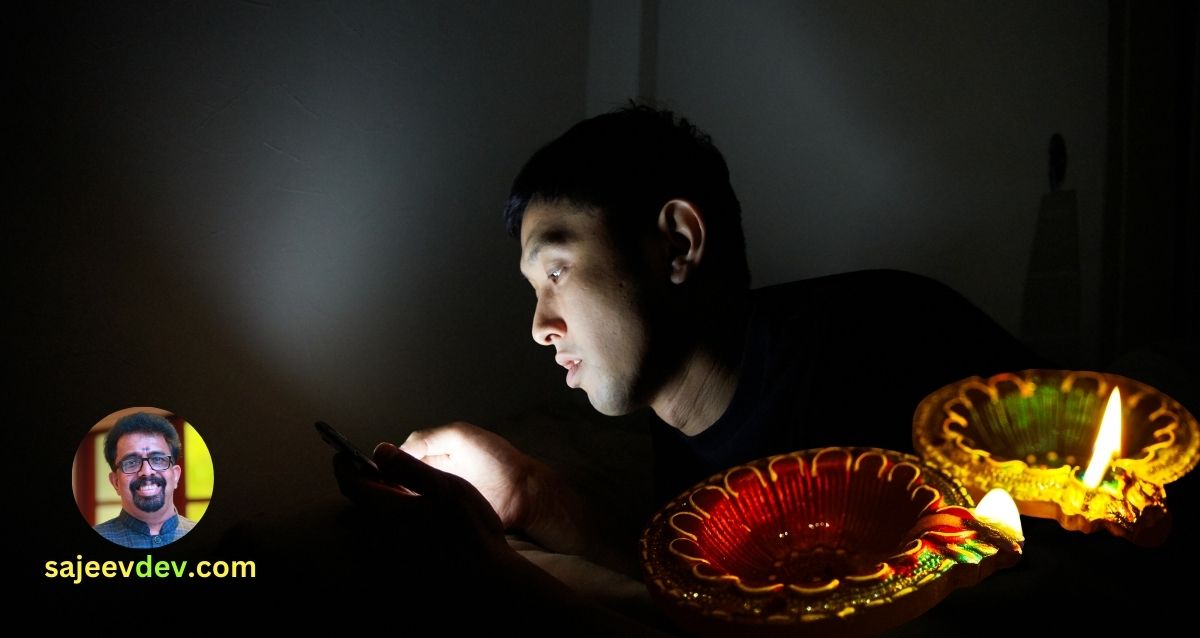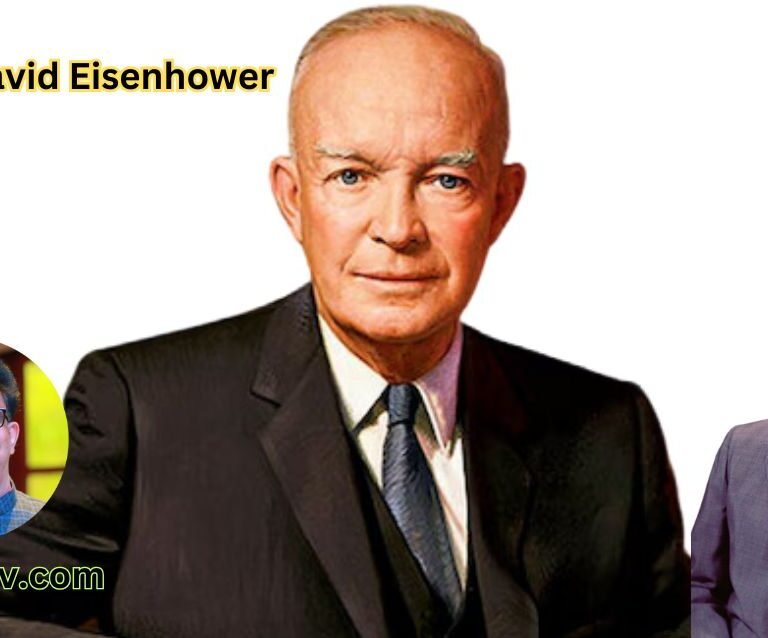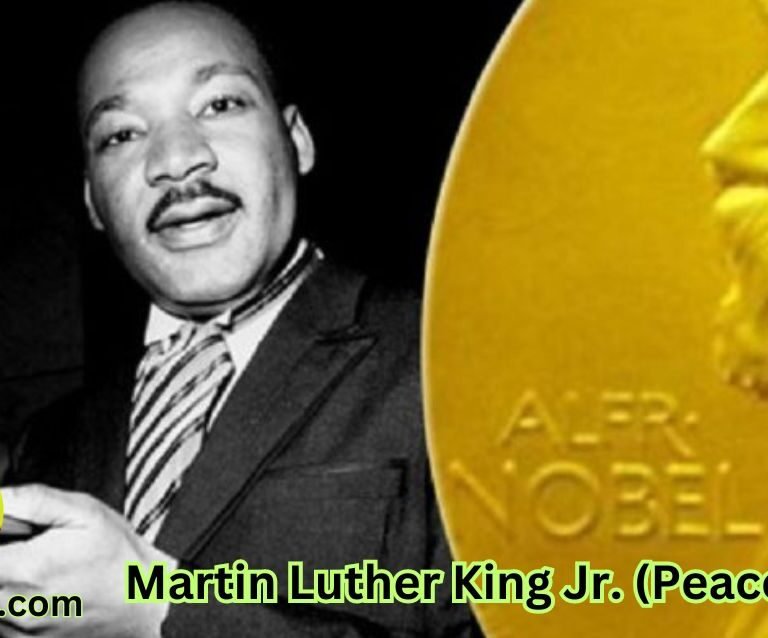Dr. Martin Luther King Jr. and His Legacy
Dr. Martin Luther King Jr. stands as a towering figure in American history, renowned for his unwavering dedication to the principles of nonviolence and equality during the civil rights movement. Born on January 15, 1929, in Atlanta, Georgia, King’s journey towards becoming a champion of civil rights began early in his life. His father’s influence as a minister and his own exposure to racial injustices set the stage for his lifelong mission to fight for justice and human dignity.
King’s impact on the civil rights movement was profound, marked by pivotal moments that highlighted his leadership and resolve. In 1955, he gained national prominence during the Montgomery Bus Boycott, a protest sparked by Rosa Parks’ arrest for refusing to give up her seat to a white passenger. King’s eloquent speeches and strategic nonviolent resistance during this year-long boycott became key components in the fight against segregation on public transportation.
In 1963, King delivered his iconic “I Have a Dream” speech during the March on Washington for Jobs and Freedom. Standing before the Lincoln Memorial, he eloquently articulated his vision of a racially integrated and harmonious America, a dream that continues to inspire generations. This speech, along with the march, was instrumental in galvanizing public support for civil rights legislation.
Another seminal event in King’s life was his leadership during the Selma to Montgomery marches in 1965, which sought to secure voting rights for African Americans. The harrowing events of “Bloody Sunday,” where marchers faced violent opposition, underscored the brutal realities of racial discrimination and the necessity for federal intervention. King’s efforts culminated in the passage of the Voting Rights Act of 1965, a landmark victory in the civil rights movement.
King’s unwavering commitment to nonviolence and his vision for a just and equal society have left an indelible mark on history. His teachings on love and light as powerful forces for societal change remain relevant, inspiring new generations to continue the fight against inequality and injustice. King’s legacy is a testament to the transformative power of peaceful resistance and the enduring impact of a resolute moral compass.
Understanding the Quote: ‘Darkness Cannot Drive Out Darkness; Only Light Can Do That. Hate Cannot Drive Out Hate; Only Love Can Do That.’
Dr. Martin Luther King Jr.’s profound quote, “Darkness cannot drive out darkness; only light can do that. Hate cannot drive out hate; only love can do that,” encapsulates a timeless truth about the transformative power of positivity and love over negativity and hate. At its core, this statement is rich with symbolism and ethos, highlighting a philosophical perspective on human nature and societal values.
The metaphor of ‘darkness’ in Dr. King’s words represents negativity, evil, or ignorance. It embodies the destructive forces that thrive in the absence of enlightenment and moral clarity. Conversely, ‘light’ symbolizes positivity, truth, and understanding. Light is portrayed as an active force that dispels darkness, illuminating the path towards justice and wisdom. This imagery underscores the inadequacy of using negative means to achieve positive ends; negativity only perpetuates the darkness.
The second part of the quote, ‘Hate cannot drive out hate; only love can do that,’ echoes similar sentiments but shifts the focus to emotions and interpersonal relationships. ‘Hate’ symbolizes conflict, division, and emotional violence, which can fragment communities and fuel perpetual cycles of resentment. In contrast, ‘love’ embodies compassion, empathy, and unity. Dr. King emphasizes that it is through love that wounds can be healed and bridges built, advocating for a proactive and nurturing approach to resolving conflicts.
This quote remains relevant today as societies continue to confront issues of division, inequality, and intolerance. It calls for introspection and a commitment to fostering environments anchored in love and light rather than succumbing to the temptations of hatred and negativity. In essence, these timeless principles provide a blueprint for personal behavior and societal change, urging individuals to challenge darkness with illumination and hate with kindness.
The Role of Light: Conquering Ignorance, Prejudice, and Fear
Dr. Martin Luther King Jr. frequently invoked the metaphor of light to illuminate the path toward justice and equality. In his vision, light represents not just the physical entity but the immaterial forces of knowledge, understanding, and courage, capable of overcoming the darkness represented by ignorance, prejudice, and fear. These elements are essential in dismantling the structures of bigotry that persist in society.
Education and awareness campaigns have shown remarkable success in mitigating ignorance. For example, the Southern Poverty Law Center’s “Teaching Tolerance” program provides resources for educators to foster inclusive school environments. By integrating diverse cultural narratives and promoting discussions on historical injustices, this initiative seeks to dismantle the foundations of prejudice among young learners. The program’s success stories often depict a marked reduction in racial and cultural misunderstandings, showcasing the potent role of knowledge as a transformative light.
Another instance is the global Malala Fund, which aims to ensure that all girls receive at least 12 years of free, safe, and quality education. Malala Yousafzai’s advocacy highlights educational empowerment as a critical factor in overcoming systemic gender prejudices. The success of this campaign in various countries exemplifies how education can act as a beacon, guiding communities away from the darkness of gender bias towards a more enlightened future.
Beyond formal education, community-driven awareness campaigns also serve to conquer ignorance and fear. The “HeForShe” initiative by UN Women engages men and boys in the fight for gender equality, fostering understanding and partnership as a means to dispel ingrained biases. Similarly, the UK’s “Prevent” strategy aims to educate and raise awareness to counter radicalization, thus mitigating fear and fostering community cohesion.
Through these examples, it’s apparent that the metaphorical light of knowledge and understanding is an instrumental force in conquering darkness. Highlighting Dr. King’s teachings, we realize that the collective embrace of these principles can illuminate a world often overshadowed by ignorance and prejudice, paving the way for a more just and inclusive society.
The Power of Love: Healing Wounds and Bridging Divides
Dr. Martin Luther King Jr.’s advocacy for love as a potent remedy for societal ills continues to resonate deeply within our communities. His vision of compassion, empathy, and forgiveness offers an enduring template for reconciliation and peacebuilding. The concept of love, when embraced in its most inclusive form, possesses an unparalleled ability to mend fractures and bridge divides that often seem insurmountable.
Throughout history, acts of love and kindness have played pivotal roles in alleviating hate and fostering harmony. Mahatma Gandhi’s nonviolent resistance against British colonial rule in India is a prime example. His philosophy of ahimsa, or nonviolence, was grounded in empathy and respect for all individuals, leading to India’s independence. Gandhi’s demonstration of love as a force for change proved that even the most entrenched systems of oppression could be dismantled through compassion.
In more contemporary settings, the Truth and Reconciliation Commission in South Africa, led by Archbishop Desmond Tutu, exemplifies the transformative power of forgiveness and empathy. In the wake of apartheid, the Commission sought to heal the nation’s deep-seated wounds by encouraging victims and perpetrators to share their stories. This process of truth-telling and mutual understanding was instrumental in rebuilding the nation’s social fabric, underscoring the profound impact of love-driven reconciliation.
Current global scenarios reveal similar patterns where acts of love foster positive change. The humanitarian efforts in conflict-ridden regions, such as Syria, showcased by organizations like Doctors Without Borders, illustrate compassion in action. Despite the adversity and danger, these volunteers embody King’s message by providing essential care and empathy to those in dire need, affirming the universal truth that love can indeed triumph over hate.
The power of love, as advocated by Dr. King, acts not merely as a naïve ideal but as a pragmatic approach to healing and unity. By embracing love in our actions and interactions, we can continue to honor his legacy, fostering a world where understanding and acceptance prevail over division and discord.
Breaking the Cycle of Retaliation: Choosing Forgiveness Over Revenge
The natural human instinct to retaliate when wronged is an inherent part of our emotional fabric. Feelings of anger and hurt often propel individuals towards acts of revenge, perpetuating a cycle of violence and bitterness. However, the powerful choice of forgiveness serves as an antidote, transforming conflict into an opportunity for healing and reconciliation. A striking lesson derived from Dr. Martin Luther King Jr.’s teachings is the transformative power of forgiveness in breaking this destructive cycle.
The wisdom in choosing forgiveness over retaliation is illustrated vividly through numerous stories of individuals and communities that have embraced this path. One notable example is the story of Nelson Mandela, who, after spending 27 years in prison, chose reconciliation over retribution against his oppressors. His decision to advocate for forgiveness and healing rather than revenge played a pivotal role in the peaceful transition of South Africa from apartheid to a democratic nation.
In another instance, the Amish community’s reaction to the tragic 2006 Nickel Mines school shooting mirrors this philosophy. Despite their immense pain and grief, the community chose to forgive the perpetrator and extended compassion to his family. This remarkable act of grace not only provided solace to those affected but also demonstrated to the world the profound power of forgiveness.
These stories reinforce the notion that forgiveness can dissolve animosities, bridge differences, and forge stronger, more resilient communities. While the path of forgiveness is undeniably challenging, it is a conscious decision that fosters emotional growth and societal harmony. Embracing forgiveness reshapes adversarial relationships, paving the way for understanding and empathy. By transcending the impulse for revenge, individuals and communities not only break the cycle of retaliation but also cultivate a more compassionate and just world.
Personal Transformation: Embracing Light and Love in Our Daily Lives
Embracing the principles of ‘light’ and ‘love’ as embodied by Dr. Martin Luther King Jr. necessitates a conscious effort in our daily interactions and mindset. Individuals can incorporate these transformative principles by fostering positive attitudes, engaging in acts of kindness, and promoting understanding in both personal and professional settings.
To begin with, cultivating a positive attitude is fundamental. Practicing gratitude can significantly alter one’s perspective. Start each day by reflecting on three things you are grateful for. This simple practice shifts the focus from what is lacking to what is present, fostering a mindset of abundance and positivity. Dr. King’s legacy reminds us that even in the darkest of times, we can choose to see the light and spread hope.
Engaging in acts of kindness remains a powerful way to manifest love in everyday life. Small gestures, such as complimenting a colleague, helping a neighbor with their groceries, or even a genuine smile, can create ripples of positivity. These acts do not only benefit the recipient but also enhance the giver’s sense of purpose and fulfillment. In doing so, you contribute to a culture of empathy and compassionate understanding, aligning with the values Dr. King championed.
Promoting understanding in our personal and professional lives requires active listening and open communication. Take the time to genuinely listen to others without immediately formulating a response. This practice fosters mutual respect and lessens miscommunication. Strive to see situations from different perspectives before passing judgment. In professional environments, encourage diversity and inclusivity by appreciating the unique contributions of all team members, thus nurturing a supportive and integrated workplace culture.
Incorporating these principles of light and love consistently can lead to a profound personal transformation. By aligning our actions with Dr. Martin Luther King Jr.’s vision, we contribute to a more harmonious and understanding society, one small step at a time.
The Collective Impact: Building a Just and Harmonious Society
The principles of light and love as championed by Dr. Martin Luther King Jr. underscore the collective power of individuals and groups working together towards societal transformation. Dr. King’s vision for a just and harmonious society transcends time, reminding us that community efforts are essential to achieve social justice, equality, and peace. The enduring impact of his teachings is evident today in various movements, organizations, and initiatives that strive to create a better world.
Organizations such as the NAACP and Black Lives Matter continue to embody Dr. King’s ethos by advocating for civil rights and combating racial injustice. Their relentless pursuit of equality and justice underscores the power of collective action in driving social change. Movements aimed at achieving systemic reform, such as the Fight for $15 campaign advocating for fair wages, also reflect Dr. King’s belief in economic justice as a cornerstone of a fair society.
Moreover, initiatives promoting peace and reconciliation offer a testament to how spreading light and love can heal divisions and foster unity. The Truth and Reconciliation Commissions around the world, from South Africa to Canada, provide platforms for addressing historical injustices and building a foundation for lasting peace. These efforts resonate with Dr. King’s dream of a world where individuals are judged by the content of their character, rather than the color of their skin.
The importance of grassroots movements cannot be overstated when seeking societal transformation. Local community organizations that focus on everything from education and healthcare to housing and environmental justice highlight the diverse and interconnected nature of the struggle for a just world. By addressing specific needs within communities, these groups amplify Dr. King’s belief in the intrinsic value of every individual and the power of collective impact.
In essence, the collective efforts of individuals and organizations worldwide embody the transformative power of light and love that Dr. Martin Luther King Jr. so passionately advocated. As we continue to build upon his legacy, it becomes evident that unity and compassion are the driving forces behind creating a just and harmonious society.
Continuing Dr. King’s Mission Today
In reflecting on the profound teachings of Dr. Martin Luther King Jr., it is evident that the transformative power of light and love remains as vital today as it was during his lifetime. Dr. King’s message, centered on nonviolence, equality, and compassion, serves as an enduring beacon for addressing contemporary issues of social justice and human rights. By embracing his principles, we acknowledge that lasting change originates from within each individual and extends to our communities.
Dr. King’s vision was not just about dismantling systems of oppression, but also about building a future grounded in mutual respect and understanding. His advocacy for peaceful protest and his unwavering belief in the moral arc of the universe bending towards justice provide a framework for addressing today’s challenges. Whether confronting systemic racism, economic inequality, or political polarization, applying Dr. King’s lessons can guide our actions towards meaningful and harmonious solutions.
In our modern world, committing to the principles of light and love requires conscious effort. It involves actively promoting kindness, standing against injustice, and fostering inclusive environments. It means recognizing our shared humanity and working collectively for the greater good. This mission starts with individual actions—small but significant steps that contribute to a broader movement for change.
Let us, therefore, harness the transformative power of light and love in our daily lives. Whether through community service, advocating for policy changes, or simply listening and empathizing with others, each step reinforces Dr. King’s legacy. By doing so, we ensure that his message continues to inspire and transform future generations.
Dr. King’s teachings remind us that true progress is not a solitary endeavor. It requires collaboration, perseverance, and an unyielding commitment to justice and equality. As we move forward, let us carry his torch, illuminating the path towards a more just and loving world. Through our collective efforts, we can honor his legacy and bring his dream closer to reality.









